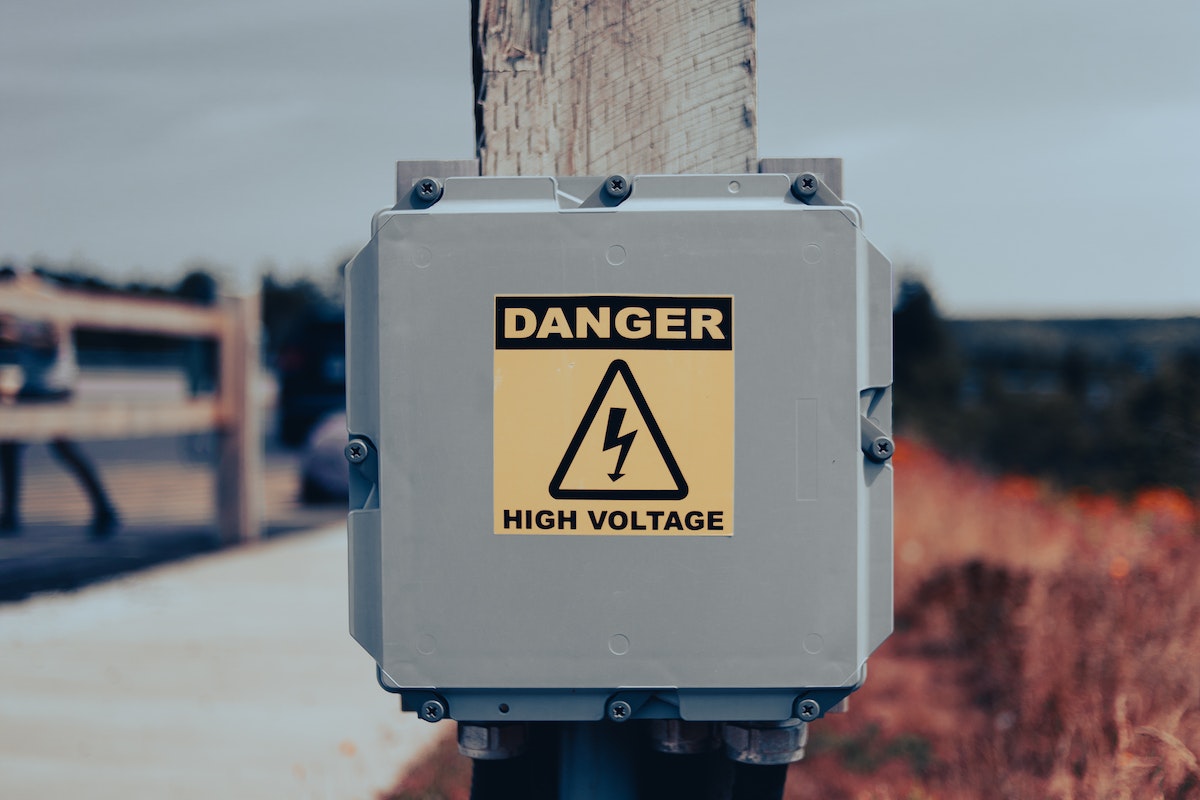- Fires can lead to severe financial losses, property damage, business interruption, and reputational harm.
- Legal consequences may arise from fires damaging other properties or causing personal injuries.
- Emotional distress can also result from fires, affecting business owners, employees, and their families.
- Fireproofing a business involves using fire-resistant materials, regular maintenance, and updated electrical systems.
- Regular fire drills, insurance coverage, and a comprehensive emergency plan are crucial for readiness.
You’ve worked hard to build your business and create a bright future for yourself and your team. However, have you stopped to think about how fire hazards could cost you everything you’ve worked for? If you haven’t, you’re not alone. Many business owners neglect to address potential fire hazards until too late. Here’s what you need to know about the cost of fires, how fire hazards can cost you your business, and ways you can make your business resilient to fires.
Average Cost of Fires
The overall losses from fires are estimated to accumulate to $55 billion. It’s important to note that this number is an average. Depending on the size and severity of the fire, you could be looking at costs ranging from a few thousand dollars to hundreds of thousands (or worse).
How Fire Hazards Can Cost You Your Business
Aside from the immediate cost of putting out a fire, other fire-related expenses can hurt your business. Here’s a deeper look into them:
1. Property Damage
Fire hazards can lead to extensive property damage, destruction, and loss of income. You may need to replace or repair equipment, fixtures, and infrastructure, which can cause a significant financial setback. Moreover, the cost of restoring the damage, downtime, and lost revenue can quickly increase, even with insurance coverage. Regular inspections, maintenance, and upgrades are essential to prevent potential fire hazards.

2. Liability Costs
If a fire originates from your business and causes injury or damage to someone else’s property, you may face legal action under premises liability. Even with insurance coverage, the legal defense costs can be significant, not to mention the possible damage awards to the plaintiff. It’s crucial to train your employees on fire safety practices and protocols.
3. Business Interruption
A fire can disrupt your business operations and sometimes halt it entirely. You may need to close your business temporarily to make repairs, re-establish essential services, and implement safety measures. You may lose income, customers, and market share during this time. It’s essential to have a fire emergency plan in place, including evacuation procedures, backup systems, and alternative locations.
4. Reputational Damage
A fire can significantly impact your business’s reputation and brand image. Customers and stakeholders may perceive your business as unsafe, unreliable, or negligent. It can take a long time and a significant effort to regain their trust and loyalty. Moreover, news of the fire can spread through social media and the press, causing further damage to your reputation. Communication proactively and transparently with your stakeholders and the public is essential in case of a fire.
5. Emotional Toll
A fire can cause emotional distress, anxiety, and trauma for you, your employees, and their families. It’s a traumatic experience that can leave lasting physical and emotional scars. Providing emotional support, counseling, and resources to those affected by the fire is crucial.
How to Make Your Business Fire-Proof
There are various ways you can make your business fireproof. Here are four ways to do that:
Install Electrical Panels
Your electrical panel must be properly installed, up-to-date, and in good condition. An outdated or faulty panel can pose serious overheating and fire safety risks. It’s a good idea to hire an electrician to inspect your panel at least once every five years. Consider investing in industrial electrical panels if you have a workshop, factory, or other complex commercial building. These kinds of panels can handle more load and can be more efficient when compared to the standard.

Use Fire-Proof Building Materials
Using fire-resistant construction materials can help protect against fires and reduce damage. Examples include concrete blocks, steel frames, and fire-rated drywall. Consider investing in these materials to add protection when constructing or renovating your business premises.
Conduct Fire Drills
Frequent fire drills are essential to ensure your staff and customers know what to do during a fire. It’s important to train everyone on evacuation plans, fire safety protocols, and how to use fire extinguishers or other emergency equipment. Fire drills with all stakeholders involved should be conducted at least once every two years.
Upgrade Electrical Wiring
If you have an older business premises, the wiring may not be up-to-date with the latest safety codes. This can lead to increased risks of fires due to overloaded circuits or faulty wiring. It’s a good idea to upgrade your electrical system where possible and ensure all visible wires are in good condition.
Taking proactive steps to make your business fire-proof can help prevent the devastating costs of fires. Ensure you have insurance coverage and create a comprehensive emergency plan for potential fires. Investing in fire safety training for employees is essential, and conducting regular drills so everyone is prepared if a fire occurs. Doing this will help ensure your business can weather any fire emergency.
